Doubts cast on democracy of Myanmar vote
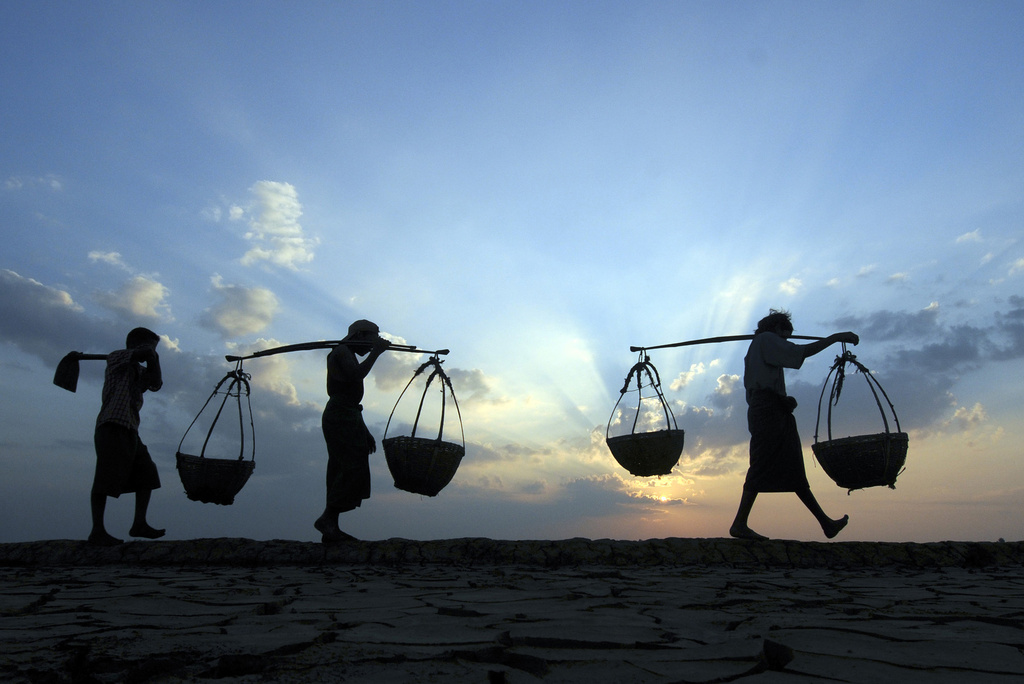
Foreign observers and analysts have no illusions that the first elections to be held in Myanmar since 1990 will be democratic.
According to the non-governmental organisation, the Swiss-Burma Association, the vote on November 7 will do nothing more than reinforce the military junta’s grip on power in the Southeast Asian nation.
Twenty years after the first “democratic” elections won by the party of the Nobel Peace Prize winner Aung San Suu Kyi – a victory annulled by the junta – the people of Myanmar are being called to the polls.
The 27 million eligible to vote are electing representatives to the country’s two parliamentary chambers and regional councils. Of the 37 political parties, the one that stands out the most is the Union Solidarity and Development Party (USDP) which is the only group present in nearly all of the constituencies.
The USDP was formed by Prime Minister Thein Sein and other ministers who retired from their military posts in April.
The November 7 vote is the last step on the Myanmar regime’s “road map to democracy”. Even though the government claims the elections will be “free and fair”, many critics believe it will be nothing more than a farce staged by the military that has been in power for the past 40 years.
“We don’t believe it at all: this election is a disaster that risks consolidating the power of the military junta,” Colin Archer, vice president of the Swiss-Burma Association, told swissinfo.ch.
“The military have simply traded in their uniforms for civilian clothing. But we’ve known for too long that the [leaders] are not interested in democracy or civil society.”
Food for votes
A clear sign of their hypocrisy, according to Archer, was the dissolution of Aung San Suu Kyi’s National League for Democracy party (NLD). The “Lady of Yangon” – still under house arrest – cannot put herself forward as an election candidate. The same goes for the more than 2,000 political prisoners.
Diverse international organisations and Burmese expatriates have denounced the moves by the junta and USDP, which has been accused of buying votes in villages. People are being offered money, rice and promises of low-interest loans, wrote one Burmese analyst in the dissident news service, Irrawaddy.org. There have also been threats of violence and imprisonment.
Only five days before the elections, the Swiss branch of the Society for Threatened Peoples repeated accusations that the military junta in Myanmar was guilty of serious human rights abuses against minorities.
Voting will not go ahead in 3,400 villages which will prevent 2.5 million people belonging to the Shan, Karen and Mon ethnic minorities from taking part in the elections. The government has said this is due to security reasons.
“The minorities fear an escalation of the war after the vote,” the Society said on its website.
“These elections are not being held according to international standards,” emphasised Archer, highlighting the large hurdles parties and candidates had to overcome in order to register as well as the decision not to allow monks to vote.
Disadvantaged groups
He added that the government had also chosen some of the candidates, and that the constitution sets aside one in every four seats in parliament for serving generals. Analysts say that parties representing ethnic groups or those that don’t toe the government line have little chance of success.
Not only do these parties lack the resources but are also at a great disadvantage because they are unable to form larger groups that would have greater weight.
“There are cultural, linguistic and religious differences among the various ethnic groups. The totalitarian system makes it very difficult for people to organise and develop a climate of trust. This does not rule out the formation of inter-ethnic alliances after the elections,” Archer said.
The elections this year cannot be compared to those 20 years ago, he added. “The NLD will not be present, nor will Aung San Suu Kyi. And the 1990 elections followed two years of repression: the regime needed to show a different face. Today, however, we are confronted with a rather sinister attempt of the generals to regain control and pass the baton to a new generation of military rulers.”
Closed doors
To prevent them discrediting the elections, international observers and foreign journalists are not being allowed into Myanmar.
“Our country has a lot of experience in elections,” said Thein Soe, chairman of the Myanmar Election Commission, explaining why his government did not want poll monitors from abroad. And filming or picture taking will not be permitted inside the polling stations.
According to the United Nations Special Rapporteur on human rights in Myanmar, Tomas Ojea Quintana, the voting process in Myanmar remains “deeply flawed”.
For Switzerland, “the decision by the Myanmar government to hold multiparty elections is in itself positive”, said foreign ministry spokesman, Pierre-Alain Eltschinger.
“The Swiss government regrets, however, that in addition to the already severe restrictions on freedom of expression, association and the press, the recently enacted electoral law prevents a free and fair election campaign,” Eltschinger added.
The most interesting part of the process will come “after the vote”, said Archer.
“Maybe there will be a softening of positions on some government issues, or the regime could attempt to make contact with ethnic groups it is still fighting. But I doubt that we will see a radical change. “
Myanmar, formerly Burma, has been under military rule since 1962.
The country has faced political and economic isolation since the military refused to recognise the results of a democratic election in 1990, won by the pro-democracy National League for Democracy of Nobel laureate Aung San Suu Kyi.
Foreign donors are reluctant to invest, saying the country’s human rights record is abysmal. Most have urged the junta to ensure the November 7 election is free, fair and inclusive and an estimated 2,200 political prisoners are released beforehand.
Neighbouring China is its biggest political and economic ally and has capitalised on the West’s reluctance to trade with the junta. It relies heavily on Myanmar for its energy needs and backs the regime in the international arena.
Switzerland supports international organisations and Swiss NGOs aiding Myanmar refugees living in camps in Thailand as well as internally displaced ethnic minorities.
The Swiss government, in step with the European Union, has adopted sanctions against members of the Myanmar regime and people closely associated with it (including a freeze on assets, and a ban on entering Switzerland).
The Swiss foreign ministry says the Swiss government has repeatedly expressed its concern about the human rights situation in Myanmar, including at the UN General Assembly and the Human Rights Council.
(Adapted from Italian by Dale Bechtel)

In compliance with the JTI standards
More: SWI swissinfo.ch certified by the Journalism Trust Initiative

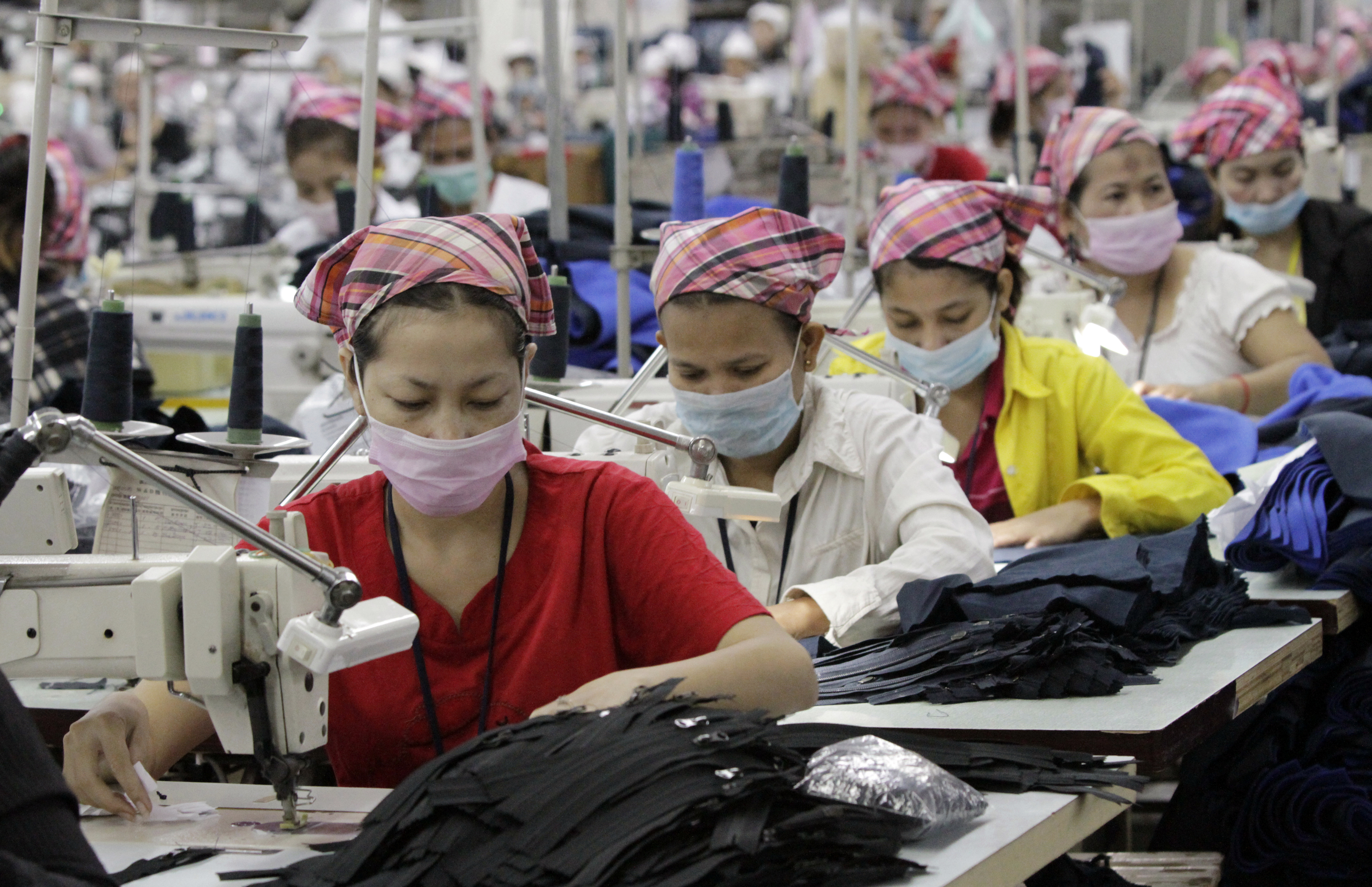
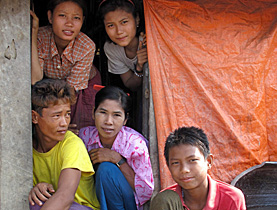
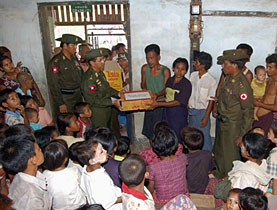
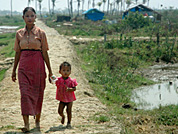
You can find an overview of ongoing debates with our journalists here. Please join us!
If you want to start a conversation about a topic raised in this article or want to report factual errors, email us at english@swissinfo.ch.